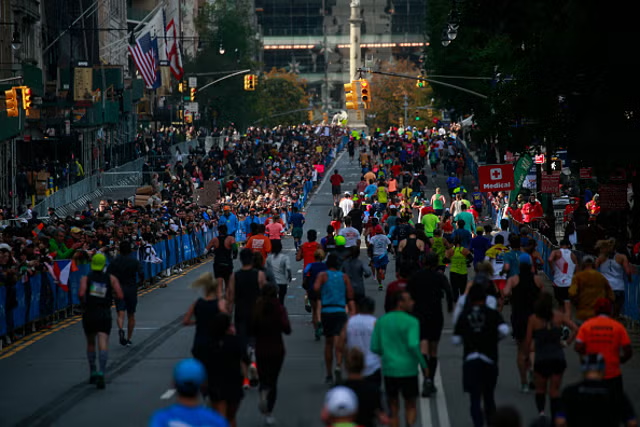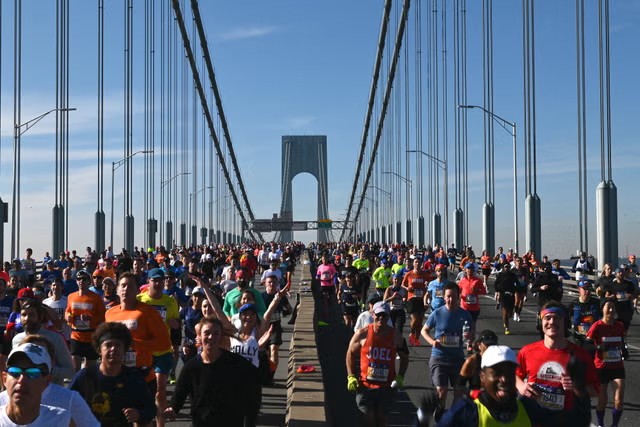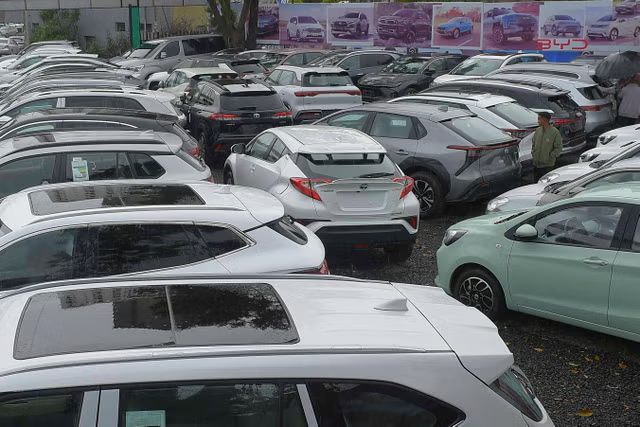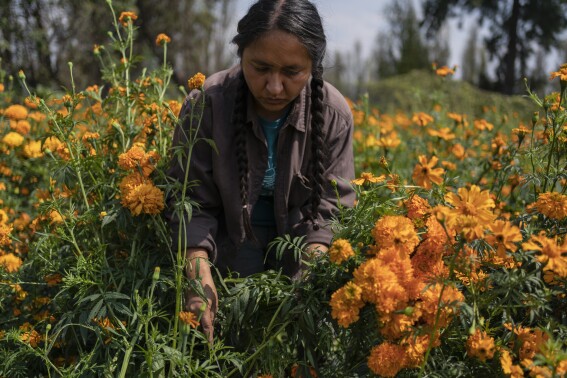Your support helps us to tell the story
Support NowFrom reproductive rights to climate change to Big Tech, The Independent is on the ground when the story is developing. Whether it's investigating the financials of Elon Musk's pro-Trump PAC or producing our latest documentary, 'The A Word', which shines a light on the American women fighting for reproductive rights, we know how important it is to parse out the facts from the messaging.
At such a critical moment in US history, we need reporters on the ground. Your donation allows us to keep sending journalists to speak to both sides of the story.
The Independent is trusted by Americans across the entire political spectrum. And unlike many other quality news outlets, we choose not to lock Americans out of our reporting and analysis with paywalls. We believe quality journalism should be available to everyone, paid for by those who can afford it.
Your support makes all the difference.There was something off about my date. A flinch at a Trump joke, a strange look when I mentioned my immigrant parent. I had a sinking feeling that he was on the opposite end of the political spectrum.
When I got home, I did the natural thing and checked his Instagram. Sure enough, the accounts he followed were a veritable who’s who of MAGA pundits. Let’s just say that as a progressive woman who values her rights, he didn’t make it past the first date.
As the 2024 presidential election looms, political polarization has officially sunk its teeth into our dating lives. These days, declaring your political preferences on dating apps is as common as dropping your zodiac sign. It’s a factor that has become increasingly important with young people.
According to a recent study conducted by LifeStance Health, 50 percent of Gen Z and 42 percent of Millennials believe political compatibility is an important factor when considering who they date. 35 percent of Gen Zers and 31 percent of Millennials consider it a deal breaker.
According to Dr Jess Carbino, a sociologist who has worked with dating app giants like Tinder and Bumble, people’s profiles underwent a political makeover around the 2016 election.
“Politics were not a category that received a great deal of attention historically within the context of individuals’ dating profiles,” she tells The Independent. “But around the 2016 election, you began to see far more movement and inclusion of that type of data in people’s profiles.”
It’s not uncommon to see MAGA on someone’s timeline, or a #HarrisWalz post on someone’s Instagram Story. And when it comes to dating profiles, people aren’t just sharing casual opinions – they’re putting their ideals on full display. Carbino explains that many people now conflate political orientation with personal values, leading to quick judgments in the dating world: “They believe that if somebody votes a certain way, it means they hold a specific set of values, which may or may not be true. Because of that, people are more likely to reject someone on that basis.”
Sofie Roos, a sexologist and relationship therapist, tells The Independent that political divides can even spill into the bedroom. “While a person voting left might expect more sex early on, a conservative person will want to take things slower," Roos notes. "This can make the liberated person bored and the conservative person stressed or feel that the other one is unserious, and the risk of stopping dating if feeling this early on is major.” It’s like a political tug-of-war: one person’s ready to go full steam ahead, while the other is cautiously trying to keep things PG. Over time, this friction can amplify, leading to more conflicts.
Roos observes among her clients that when political division present in a relationship, the potential for arguments can increase significantly. These ongoing disagreements can chip away at the relationship’s foundation, making compromise harder to achieve and the relationship more difficult to sustain.
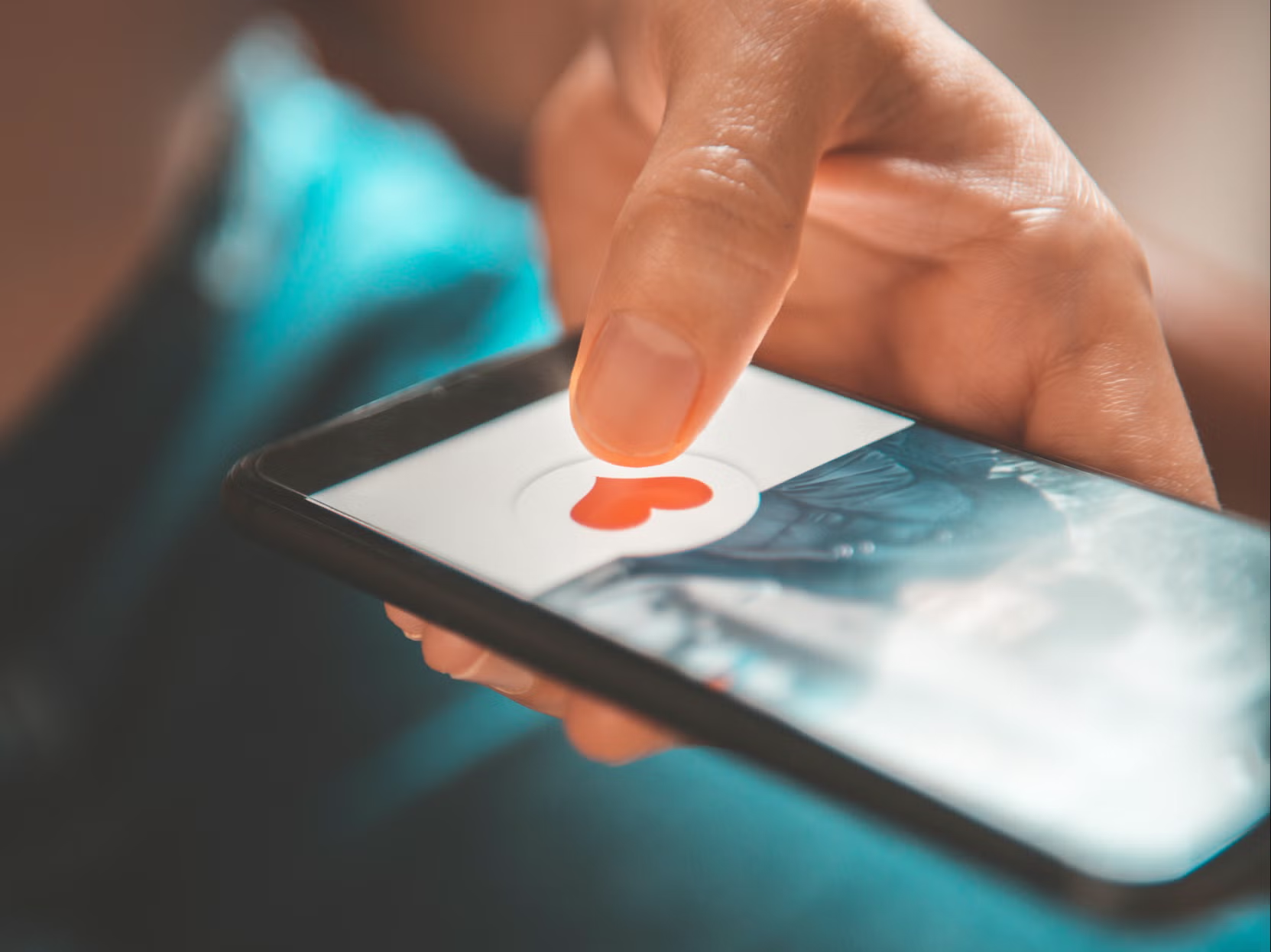
Relationship expert and psychotherapist Leanne Stockard says that the younger generation of daters is more likely to call it quits over politics than their predecessors. “Politics is an emotionally charged topic that tends to bring out strong opinions,” she tells The Independent. “A lot of folks are looking for partners who have similar political affiliations because of how it may impact their relationship if they have different ones. Political views can be indicative of someone’s values, and if those are not aligned it can influence decisions about wanting a future with that person.”
More research from the LifeStance Health study indicates that a quarter of Gen Z and Millennials have ended a romantic relationship due to political disagreements. What’s more, 28 percent of Gen Zers and 22 percent of Millennials have had heated arguments and confrontations with friends and family over politics.
Gender has always been one of the biggest political dividers. Men, as holders of political and economic influence, typically leaned conservative to keep the status quo in their favor. Women, meanwhile, tended to adopt more progressive or liberal views, pushing for changes that opened doors for them in both public and private spheres. After securing the right to vote in 1920, women’s political influence began to grow and during the feminist-fueled Sixties and Seventies, they moved even further left.
By the 1980s, the voting gap was undeniable: women were choosing Democratic candidates in larger numbers than men – a trend that has only deepened since. Men, feeling the weight of fewer blue-collar jobs and slimmer education gaps, have increasingly rallied for conservative movements. Candidates like Donald Trump – who pledged at a recent rally to protect women “whether they liked it or not” – promise a return to traditions of the past, which primarily benefit men and diminish the hard-won autonomy of women.
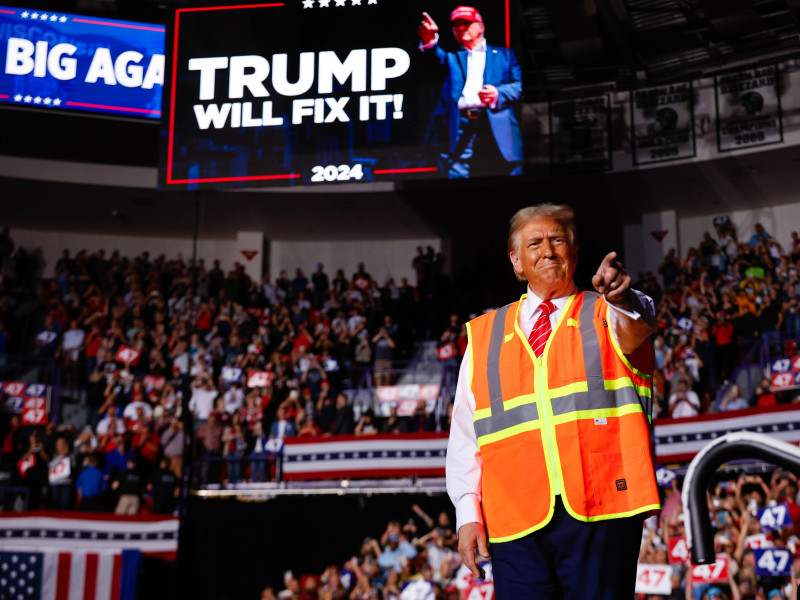
“Masculinity is in flux,” anthropologist Treena Orchard tells The Independent. "Men are feeling constrained, and it’s like they might feel like they have fewer options in terms of how to do manhood, how to think about their place in the world, and they feel devalued."
Women, Orchard says, have been forced to embrace change amid evolving social norms. It’s a relatively new concept for men. “I think women are so much more adaptable and collective,” the anthropologist says. “We’re thinking about all the different ways that we can fit into changing societies. And we’ve had to adapt so many times in terms of sexual roles, our sexuality, or desires. I think this is one of the first times that, en masse, men are feeling constrained, and it’s like they might feel like they have fewer options in terms of how to do manhood, how to think about their place in the world, and they feel devalued."
The political gender gap is not just about differences in opinion – it’s a clash of lived experiences and power dynamics that have been simmering for decades. Today, politics has become deeply personal, especially for Gen Z, who see political beliefs as reflections of core values. It’s no wonder many are drawn to partners who share their views, unwittingly deepening the divide.
What happens on November 5 will define the younger generation - and their dating lives too.
Disclaimer: The copyright of this article belongs to the original author. Reposting this article is solely for the purpose of information dissemination and does not constitute any investment advice. If there is any infringement, please contact us immediately. We will make corrections or deletions as necessary. Thank you.
